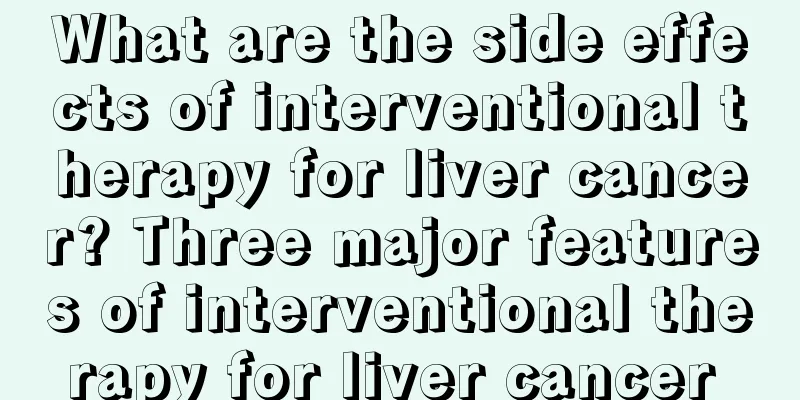How to provide psychological care for patients with advanced intestinal cancer

|
Once intestinal cancer reaches the late stage, the patient will be in great pain. In order to relieve the patient's pain and improve his mood, nursing becomes particularly important. One point that cannot be ignored in nursing is psychological care for patients in the late stage of intestinal cancer. The psychological care of patients with advanced intestinal cancer mainly includes the following aspects: 1. Fear: Patients know they have cancer and often show fear, despair, loss of hope for life, and worry about their loved ones. Psychological care for patients with advanced intestinal tumors should be sympathetic, comforting, and encouraging patients to actively accept treatment to avoid delaying the disease. The role of psychology in the disease should be emphasized, and patients should be encouraged to accept treatment with a positive attitude. 2. Suspicion: Once patients learn that they have cancer, they become restless, seek confirmation from many sources, feel nervous, and are full of suspicion. Therefore, medical staff should be cautious in their words and deeds, find out the purpose of the patient's inquiry, answer the patient's questions scientifically and tactfully, and avoid speaking directly to reduce the degree of shock to the patient, so as to prevent the patient from losing confidence in treatment. 3. Pessimistic psychology: When patients are diagnosed with cancer, they will feel pessimistic and disappointed, which is manifested as more disappointment than expectation, depression, and unhappiness. At this time, psychological care for patients with advanced intestinal tumors should be given to show that the disease is being treated, and at the same time, emphasize that a good mood is conducive to the prognosis of the disease. 4. Acceptance psychology: After a period of time, the patient begins to accept the fact that he has the disease, his mood gradually stabilizes, he is willing to accept treatment, and has hope for treatment. Nurses should apply "suggestion" therapy in a timely manner, publicize the significance of treatment, and eliminate factors that are unfavorable to treatment, such as social factors, family factors, etc. Intestinal tumors are basically asymptomatic in the early stages, and are usually in the late stages when discovered. At this time, psychological care for patients in the late stages of intestinal tumors has a great impact on them. Intestinal tumors: http://www..com.cn/zhongliu/ca/czl.html |
<<: How to care for intestinal tumors in the late stage
>>: What are the symptoms and manifestations of uterine tumors?
Recommend
What to eat to reduce inflammation after loose body surgery
Many of my friends actually don’t know what loose...
What are the acupuncture points for abdominal weight loss
Now that living standards are gradually improving...
Is the wallpaper used for decoration harmful to the human body?
Wallpaper is a new type of decoration material. I...
How to effectively remove acne marks with white sugar
Acne scars are usually marks left after acne has ...
What can I use to heal sore lips quickly?
When the weather is drier in winter, if you don’t...
Is the feeling of esophageal obstruction a sign of esophageal cancer?
Esophageal cancer is a common digestive tract mal...
How to treat nasopharyngeal carcinoma after recurrence? How to prevent nasopharyngeal carcinoma
How to treat nasopharyngeal carcinoma after recur...
Can bronchial lung cancer cause pulmonary edema?
Can bronchial lung cancer cause pulmonary edema? ...
Happy stress relief: a fashionable way of venting that urban men and women love
The three mountains of work pressure, life pressu...
Breast cancer tumor markers
If CA 153 is abnormally elevated at the early sta...
Beware of misunderstandings when diagnosing intestinal tumors
About 2/3 of rectal cancer patients initially thi...
Can I exercise after bone cancer surgery
Bone tumors are tumors that occur in bones or the...
Is a buzz cut suitable for a fat face?
There are several lengths of bald heads, some are...
What are the benefits of eating pearl powder
Pearl powder has a great effect. It can not only ...
What are the dietary taboos after esophageal cancer surgery
Patients with esophageal cancer are generally wea...









